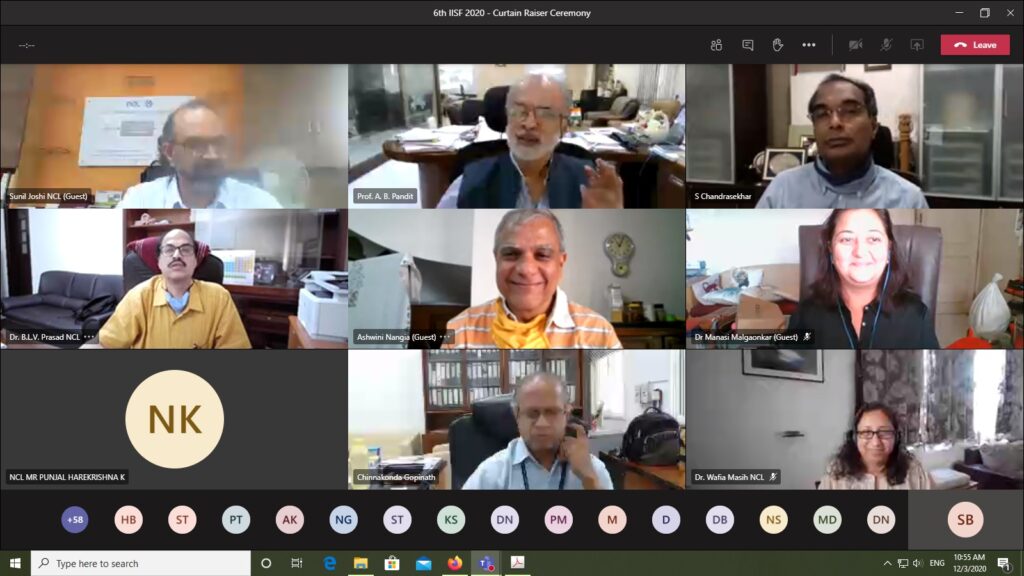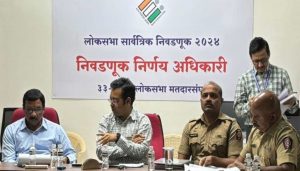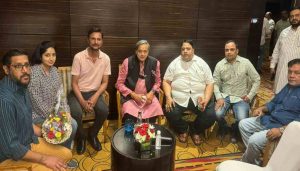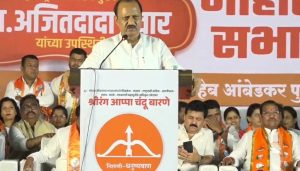CSIR-NCL organises a curtain-raiser program for IISF 2020

Pune, 04 Nov 2020: CSIR-National Chemical Laboratory (CSIR-NCL), Pune virtually organized a curtain-raiser outreach program of India International Science Festival (IISF) 2020 jointly with Vijnana Bharati, Pune on December 3, 2020. On the occasion, Chief Guest, Prof. A. B. Pandit, Vice Chancellor, Institute of Chemical Technology (ICT), Mumbai delivered a talk on “Expected impact of the new National Education Policy (NEP) and National Innovation & Start-Up Policy (NISP) on Future Research”.
Prof. A. B. Pandit initiated his talk saying “The research institutes need to be ready for the course correction or re-orientation of the research efforts which are being made.” It is important to understand the necessity of the NEP and NISP and what it addresses. It is a general perception that we are producing a large number of degree holders with very little or no capability. He shared a story of Pandit Deendayal Sharma and a graduate student, who went to meet Pandit ji and asked for a job but couldn’t answer what he is capable of doing. Ultimately, it is the time to revise the curricula and training which has been taught to the students in schools and colleges.
Prof. Pandit talked about the earlier practices of syllabus revision which was conducted as a mandatory activity; it was more to satisfy the NBA and NAAC requirements with very little or no motivation to improve the capability of the graduates. The new policies essentially try to address these issues. It says that the degree or the title of the degree is not important but the ability to do something or to create something is more important. In last few decades the industrial automation has taken over; the kind of skill-sets which were required for the graduating students was not necessarily addressed in terms of the requirements of the industry. The automation has improved the quality of the products and the syllabus was never addressing the changing needs and skill-sets of the industry.
Prof. Pandit also underlined that it is not possible to us to see the impacts of the NEP and NISP right away but five years down the line, it will be visible. He highlighted the major ingredients of these policies that address several issues about teaching, the professionals and their assessment process. He emphasized on the board examination which has to be a knowledge based examination on the understanding and solution finding rather than the memory driven assessment. The critical thinking capability becomes crucial when the students get admitted into the colleges. The NEP was formulated in such a way that the first eight years the students will essentially address the foundations including basic maths, language literacy, the environmental concerns and the relationship between action and reaction, and cause and effect phenomena. The syllabus will be continuously revised being in the dynamic equilibrium with the surroundings and environmental and industrial needs.
Earlier, Dr. S. Chandrashekhar, Director, CSIR-NCL, Pune gave away the welcome remarks.
Dr. Shekhar Mande, Director General, CSIR in his address asked the common people to assess the current situation with scientific temper. The pandemic is still not over; hence to fight with this situation we have to behave appropriately by maintaining the safe distance, avoiding the gatherings and wearing the face masks.
Dr. Manasi Malegaonkar, VIBHA Co-ordinator, Pune informed about the background of IISF since its inception and briefed on the activities of proposed IISF 2020.





